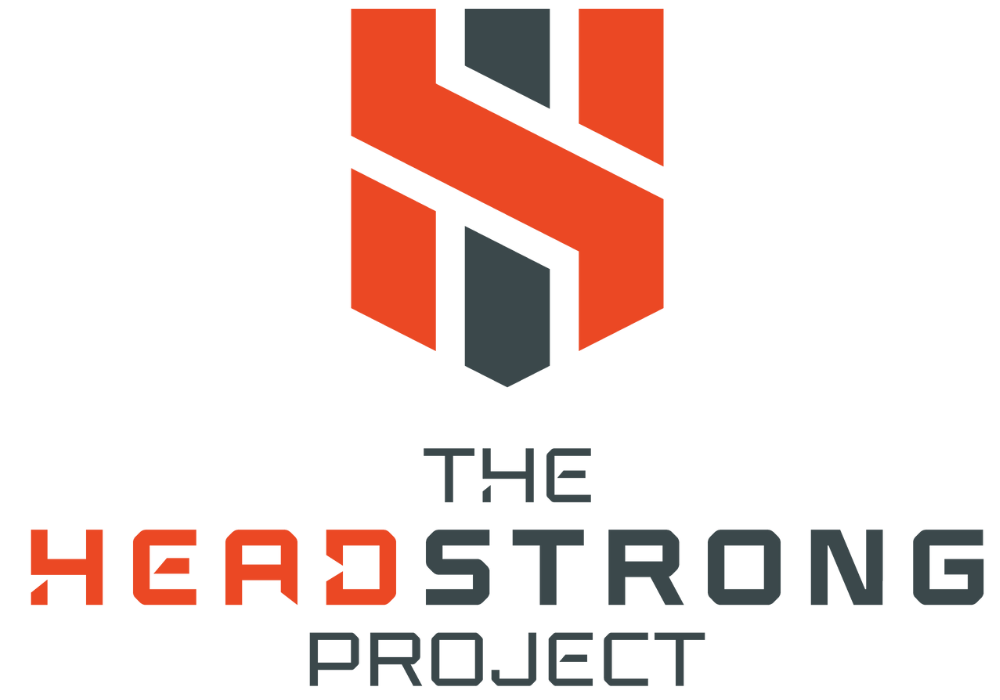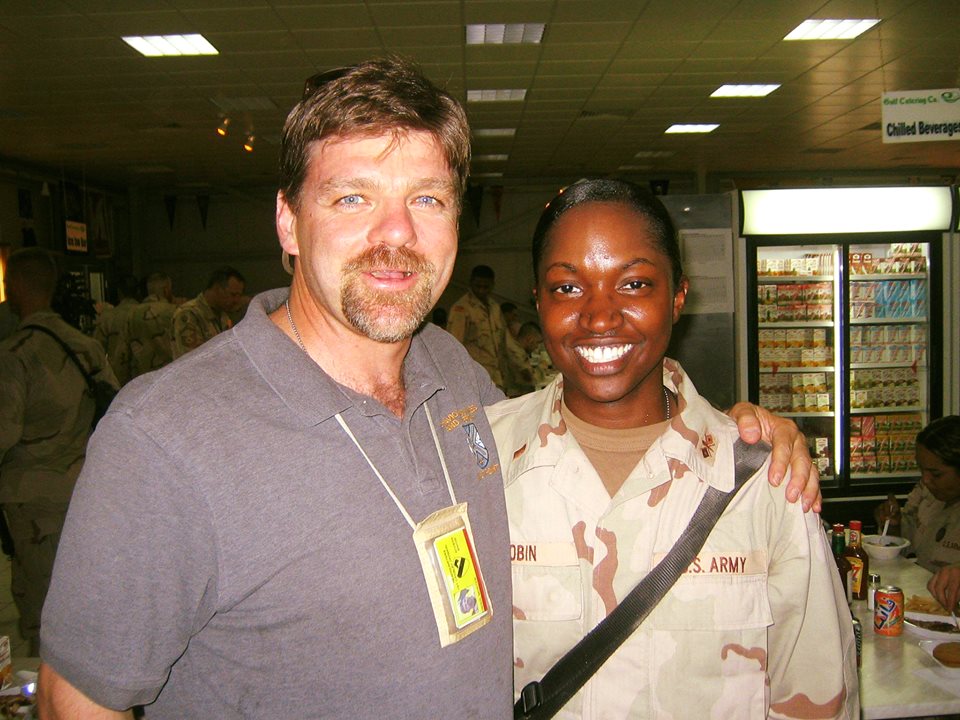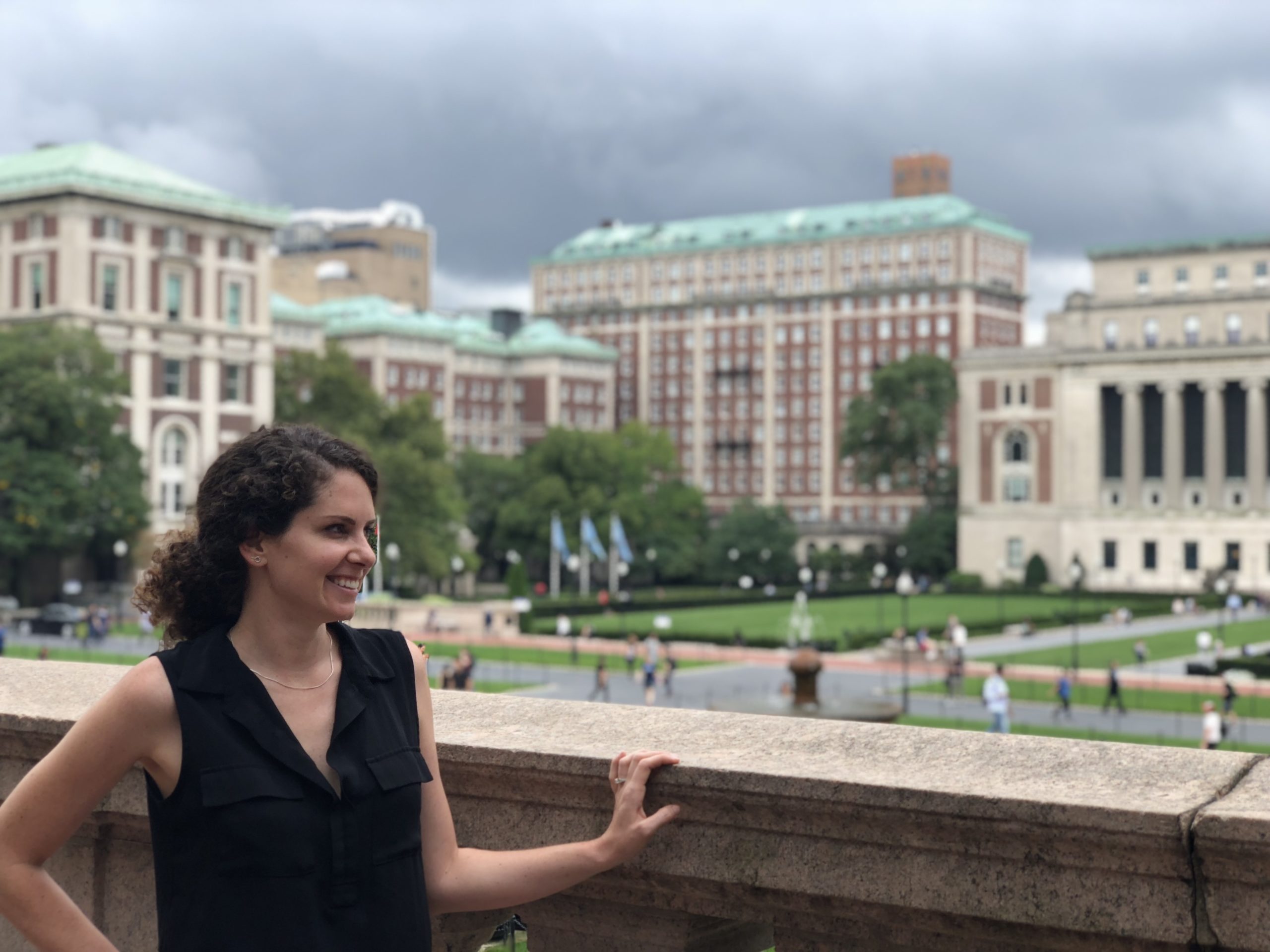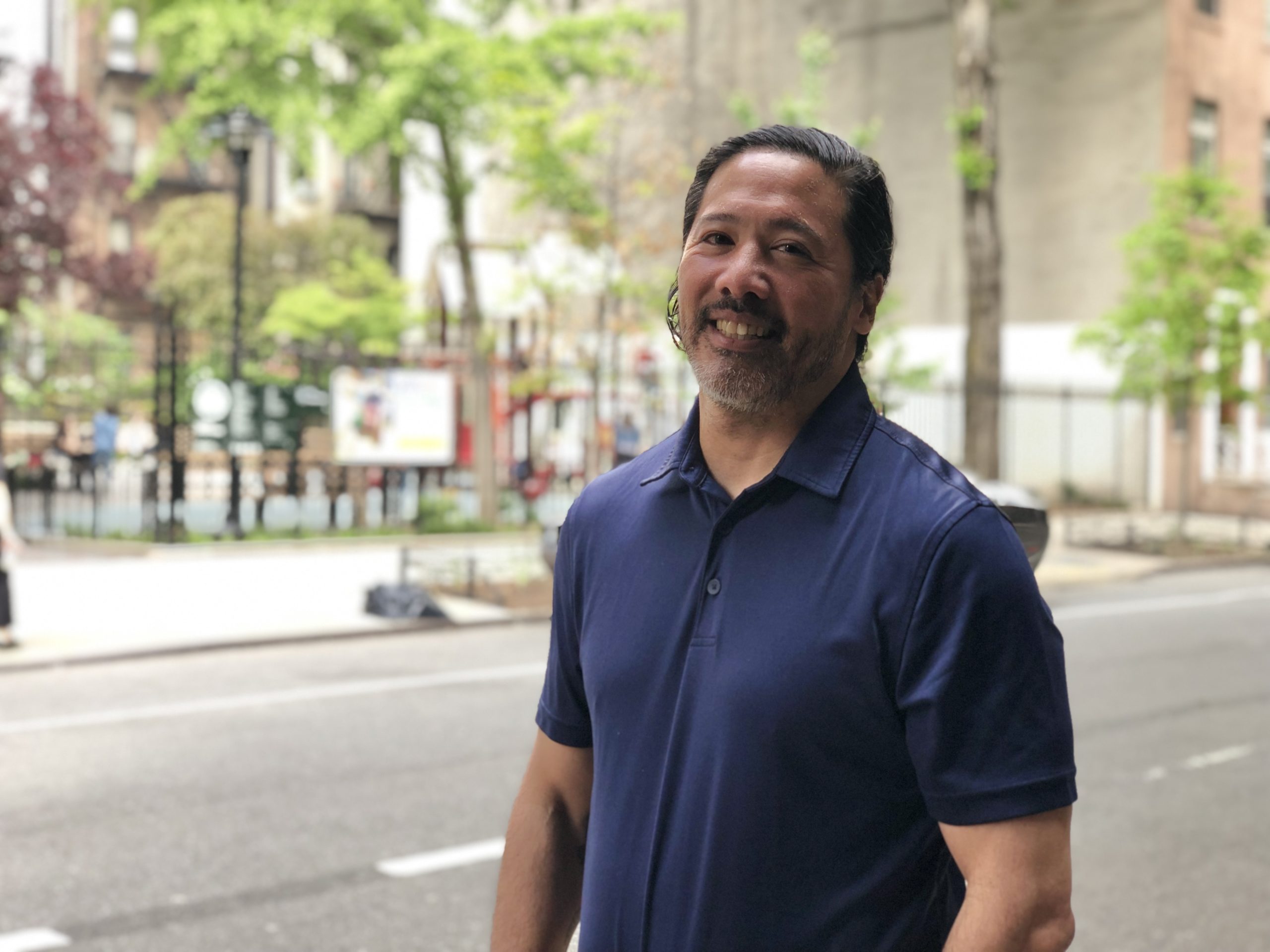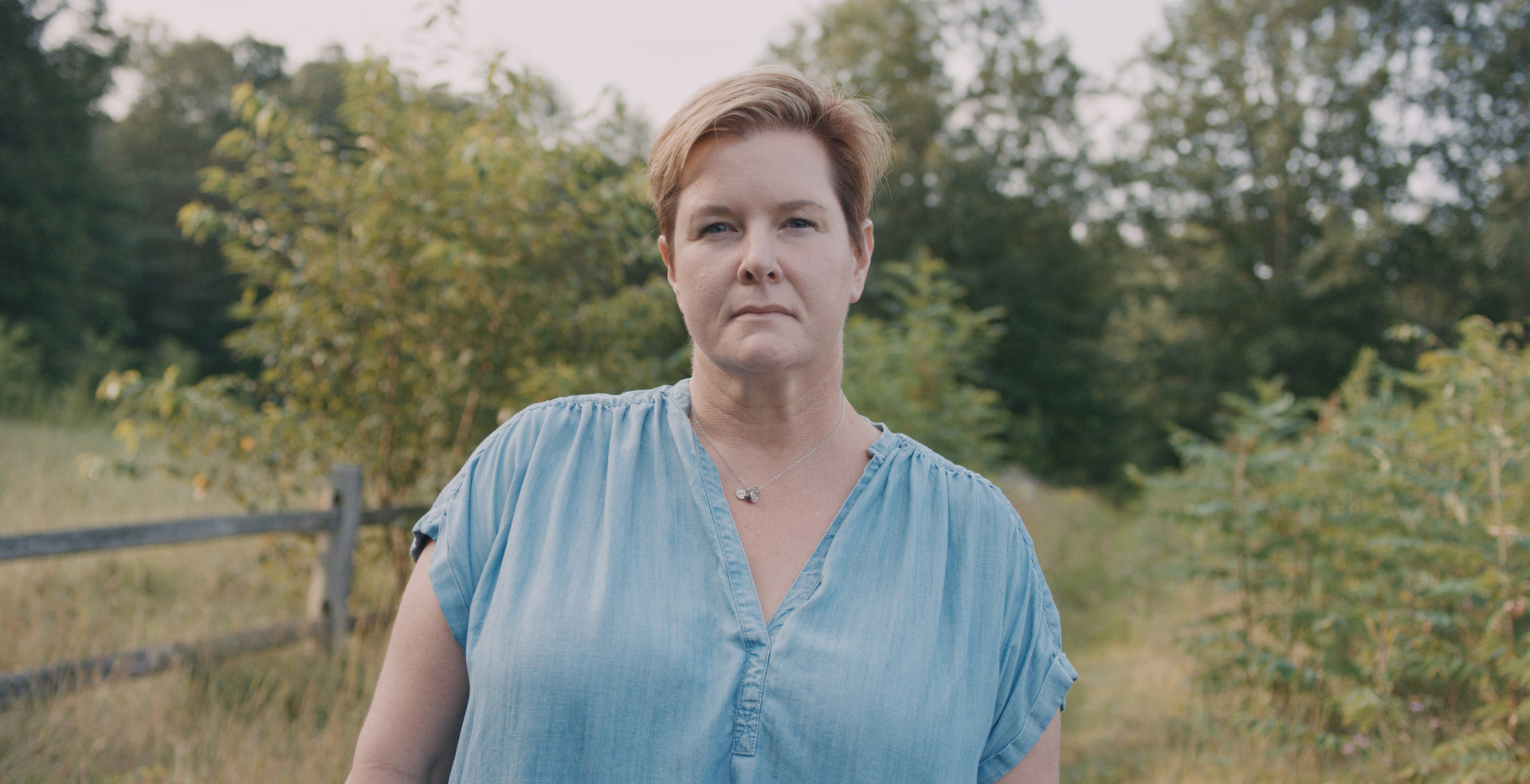“I’m born and raised in Georgia and very proud of all things Atlanta. I would say for the first ten years of my life, there was a lot of uncertainty; a lot of police calls at the house, living in shelters, living in my mother’s car, and my mother working multiple jobs to take care of me and my younger brother. But the one thing that was constant is that my mom taught us to believe in the value of education. Despite growing up in the projects and being surrounded by drugs and dysfunction, I buried myself in books and allowed my mind and my imagination to take me beyond my circumstances. I think I was also blessed because I had a ton of amazing people who just decided to invest in me and my potential. One person that I’ll mention, of course besides my mother, is a gentleman by the name of Lieutenant Colonel Nicolas J. Burke. He was a Vietnam veteran who retired and decided to go back and work in urban schools because he said they produced the best soldiers he ever served with. This man literally dedicated the rest of his professional life to helping black kids understand the opportunities beyond their neighborhoods. Every morning I would get up and run five miles with him. He made me read the Washington Post and the New York Times and then report it back to him. He would check on me in my regular classes and when my SAT scores sucked, he paid for a tutor and for me to retake the test. I am confident that this guy and my mother are the reasons I am the person I am today. To this day, he’s the reason why I’m not disheartened by what I’m seeing with race relations and the reason I have hope. Between the kindness and belief of my mother, and this unwavering commitment to my success by Lieutenant Colonel Burke, I had a pretty solid start. I did not receive a direct appointment into West Point and was offered a Prep School appointment instead. I was very disappointed and channeled that energy into making my mom and Colonel Burke proud, but also showing everybody that a black woman from the southwest side of Atlanta could do anything she put her mind to. I went to the prep school in 1998 and my first year at West Point was 1999.
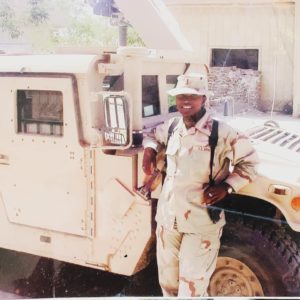 I graduated in 2003 and headed to Ft. Sill to prepare for deployment. I was in Baghdad, Iraq by January 2, 2004. I grew up around a lot of violence so by the time I got to the military and my first deployment, other people were freaking out because they were getting shot at and I couldn’t help but think that at least I knew who was shooting at me and why. The violence in war made more sense to me than the violence in my home and neighborhood. Not to mention there were a lot of people that were not happy with the fact that we’d just captured Saddam Hussein. He was being held in a building adjacent to the one I was in so we were getting bombed and attacked a lot. We started the surges in Fallujah with the Marines, and a lot of that was joint operations with the Army, Air Force, Navy, and Marines doing a lot of the work. These were fellow soldiers that I’d have a conversation with one day and then spend the evening reading the KIA (Killed In Action) lists to make sure they made it back. It was very mission focused and everything was life or death. You didn’t have much time to focus on anything else. It took me a while to realize that the heightened level of anxiety and fear in the first six months was not normal. We ended up staying there for almost 14 months because we were one of the units that was asked to stay when Iraq had one of its first democratic elections. After returning home, I purposely lied and withheld information from my family about the deployment because I didn’t tell them how bad it got. I ended up getting deployed to Iraq for a second time in 2009. We were over there for a year and it was different from my first deployment in the sense that the fighting was more concentrated in specific areas. I didn’t have to go off base much during the second deployment due to my rank and as a majority of my day-to-day was planning and monitoring operations However once I returned home, I realized I had some serious unaddressed injuries and post traumatic stress going on.
I graduated in 2003 and headed to Ft. Sill to prepare for deployment. I was in Baghdad, Iraq by January 2, 2004. I grew up around a lot of violence so by the time I got to the military and my first deployment, other people were freaking out because they were getting shot at and I couldn’t help but think that at least I knew who was shooting at me and why. The violence in war made more sense to me than the violence in my home and neighborhood. Not to mention there were a lot of people that were not happy with the fact that we’d just captured Saddam Hussein. He was being held in a building adjacent to the one I was in so we were getting bombed and attacked a lot. We started the surges in Fallujah with the Marines, and a lot of that was joint operations with the Army, Air Force, Navy, and Marines doing a lot of the work. These were fellow soldiers that I’d have a conversation with one day and then spend the evening reading the KIA (Killed In Action) lists to make sure they made it back. It was very mission focused and everything was life or death. You didn’t have much time to focus on anything else. It took me a while to realize that the heightened level of anxiety and fear in the first six months was not normal. We ended up staying there for almost 14 months because we were one of the units that was asked to stay when Iraq had one of its first democratic elections. After returning home, I purposely lied and withheld information from my family about the deployment because I didn’t tell them how bad it got. I ended up getting deployed to Iraq for a second time in 2009. We were over there for a year and it was different from my first deployment in the sense that the fighting was more concentrated in specific areas. I didn’t have to go off base much during the second deployment due to my rank and as a majority of my day-to-day was planning and monitoring operations However once I returned home, I realized I had some serious unaddressed injuries and post traumatic stress going on.
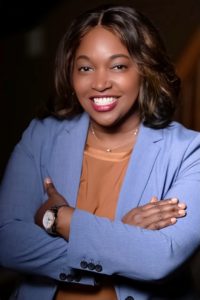 I was having nightmares and suffering from insomnia. I started avoiding public gatherings and doing stuff that I used to enjoy. The times I would raise a red flag on my mental health, I was quickly reminded that if I wanted to fast track and continue to promote I needed to stay deployable. My physical injuries kept getting worse and I remember the doctor telling me I had the knees and back of a 65 year old. I ended up getting medically retired almost two years after that. My transition wasn’t easy because I didn’t even want to leave the military and actually appealed the decision. What kept me focused initially that first year was my mother being diagnosed with kidney disease. She was on dialysis and I went through the process to become a kidney donor. While I was grieving the loss of my military career, I was able to find purpose again by being able to invest in my mom. My first job out of the military was working for the Marine corps as a Marine civilian as they called it. I was supporting the tsunami clean up that hit the mainland in Japan and that really gave me back that same kind of purpose. It helped me realize I wanted to be a public servant. Whether that was working for the federal government, a non-profit, or finding a job where I could make money and support myself while also positively impacting the world. I just came out of an Executive Director role at a veterans nonprofit and before that I worked in city government as a Chief Operating Officer. Most recently, I’ve been working to solve poverty and on other social justice issues as a leadership consultant. Between helping veterans and their families and consulting, that’s been the collective nexus of what I’ve been doing with my career. I finally started seeking out mental health treatment and honestly had some bad experiences. I’ve been out of the military for ten years and just had my first positive experience with a mental health therapist two years ago. I swear by therapy now. I still engage with therapy virtually and being able to talk things out online is super helpful. While it’s been a journey, I’m going to continue to seek out therapy for the rest of my life.”
I was having nightmares and suffering from insomnia. I started avoiding public gatherings and doing stuff that I used to enjoy. The times I would raise a red flag on my mental health, I was quickly reminded that if I wanted to fast track and continue to promote I needed to stay deployable. My physical injuries kept getting worse and I remember the doctor telling me I had the knees and back of a 65 year old. I ended up getting medically retired almost two years after that. My transition wasn’t easy because I didn’t even want to leave the military and actually appealed the decision. What kept me focused initially that first year was my mother being diagnosed with kidney disease. She was on dialysis and I went through the process to become a kidney donor. While I was grieving the loss of my military career, I was able to find purpose again by being able to invest in my mom. My first job out of the military was working for the Marine corps as a Marine civilian as they called it. I was supporting the tsunami clean up that hit the mainland in Japan and that really gave me back that same kind of purpose. It helped me realize I wanted to be a public servant. Whether that was working for the federal government, a non-profit, or finding a job where I could make money and support myself while also positively impacting the world. I just came out of an Executive Director role at a veterans nonprofit and before that I worked in city government as a Chief Operating Officer. Most recently, I’ve been working to solve poverty and on other social justice issues as a leadership consultant. Between helping veterans and their families and consulting, that’s been the collective nexus of what I’ve been doing with my career. I finally started seeking out mental health treatment and honestly had some bad experiences. I’ve been out of the military for ten years and just had my first positive experience with a mental health therapist two years ago. I swear by therapy now. I still engage with therapy virtually and being able to talk things out online is super helpful. While it’s been a journey, I’m going to continue to seek out therapy for the rest of my life.”
